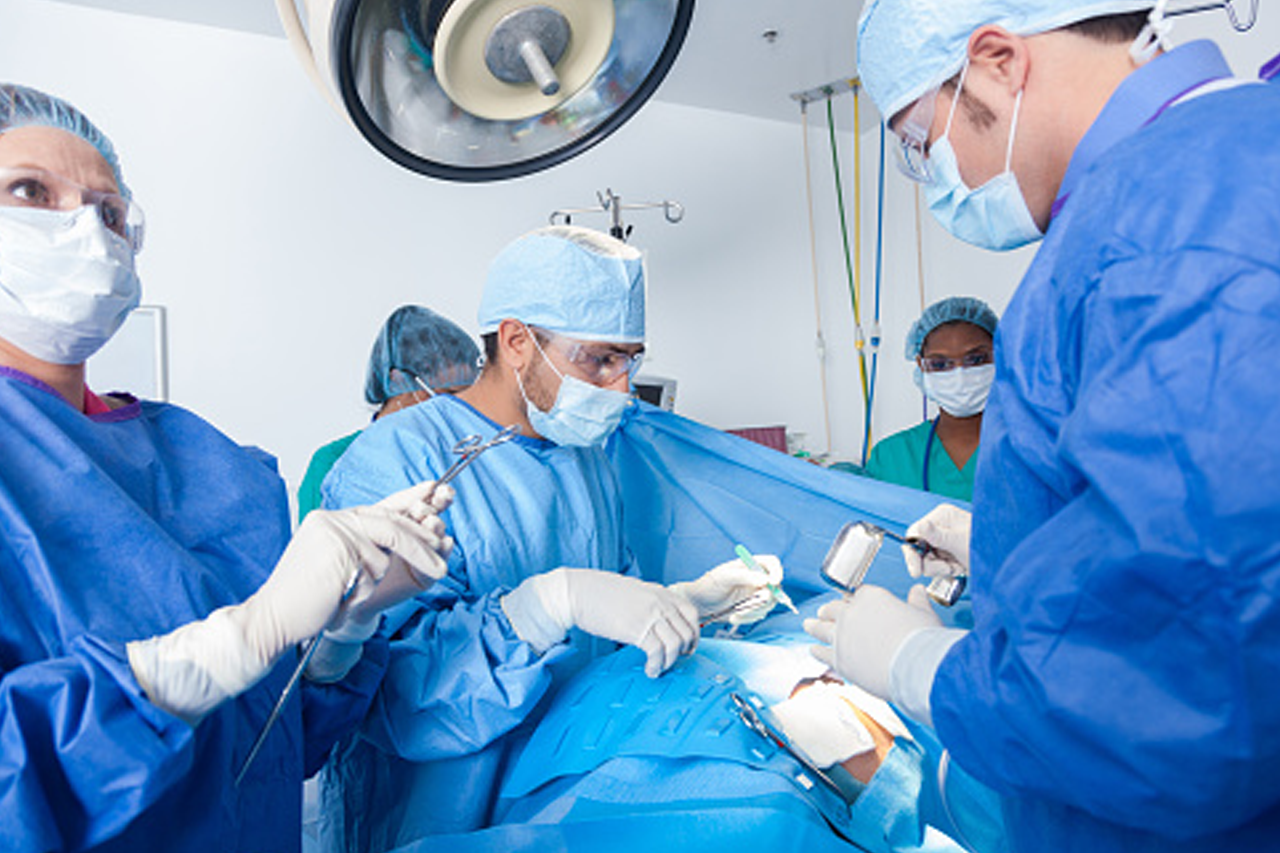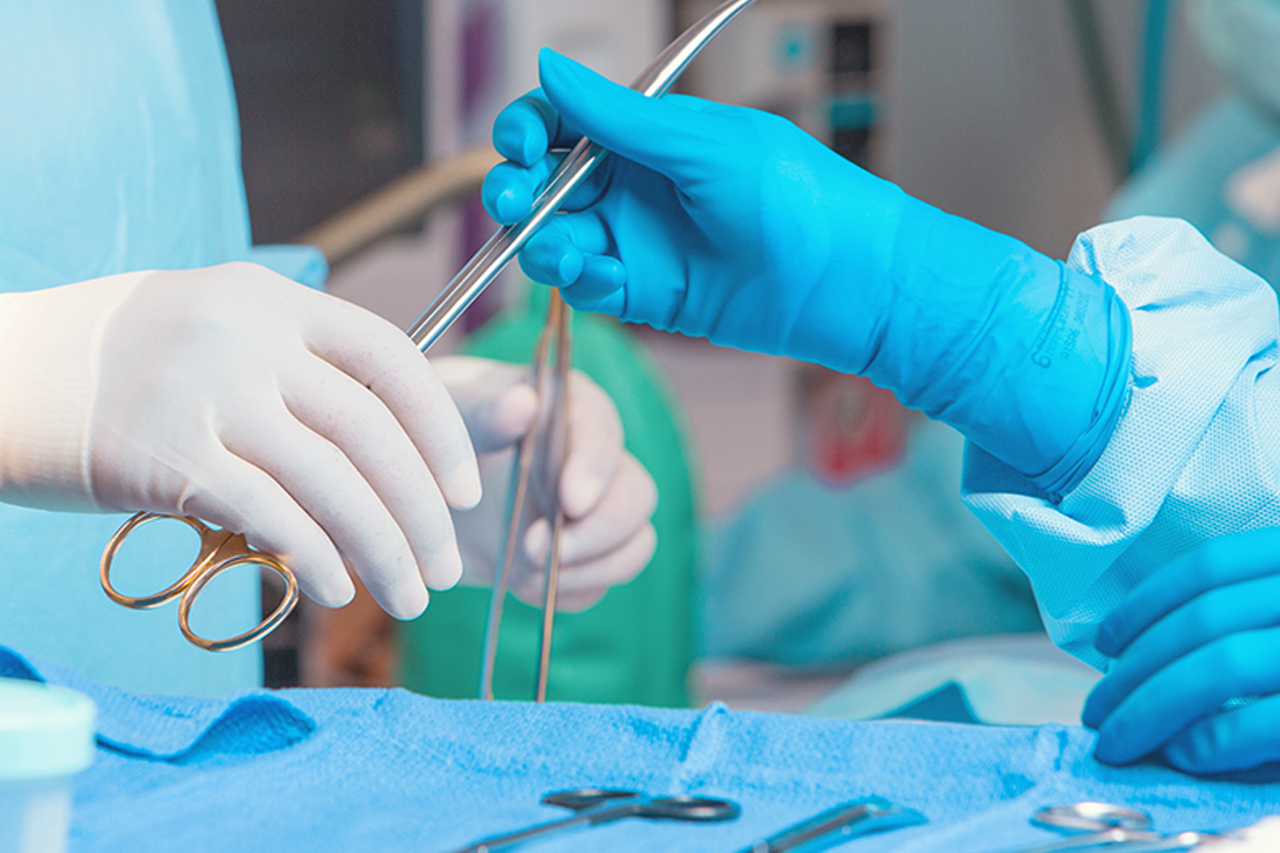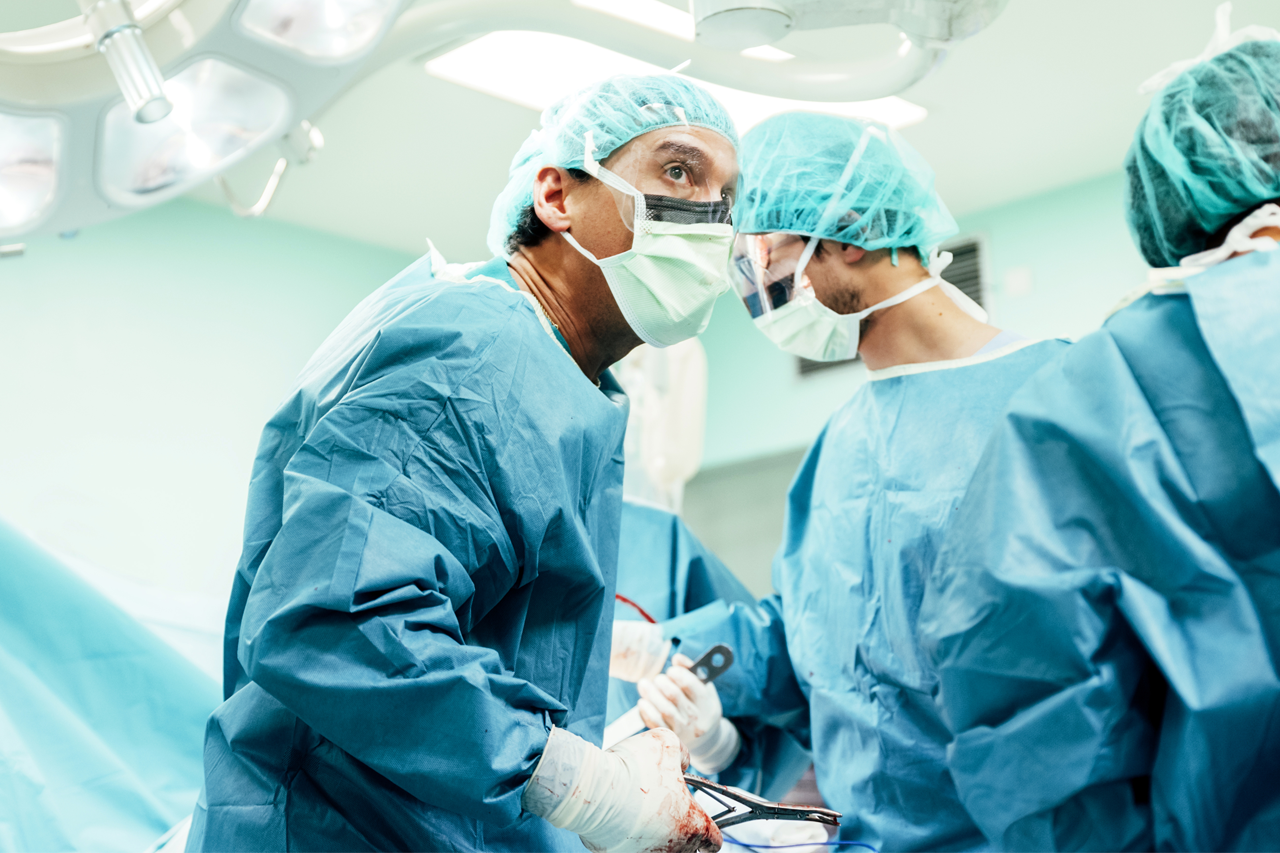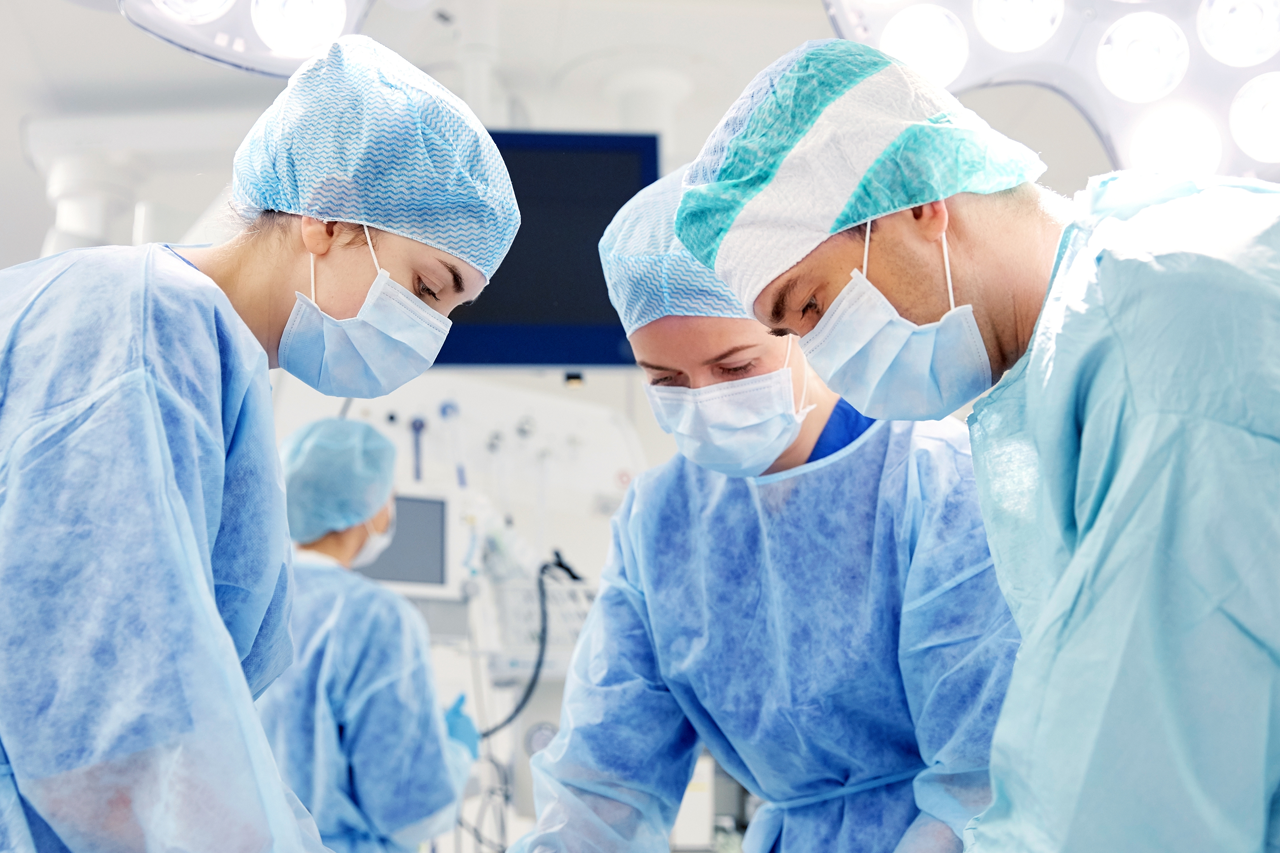Dr. Aggarwal’s Wellness Multispeciality Hospital consists of a team of surgeons who are adept with general and laparoscopic surgery of all kinds. Modern technology and well-equipped operation theatres facilitate a wide range of surgical procedures at our center. Laparoscopy surgery is a minimally invasive procedure and is also known as band-aid surgery or keyhole surgery. Laparoscopy allows diagnostic and therapeutic intervention through small incisions and gives better cosmetic outcomes.




Emergency surgeries are always done quickly. Since emergencies cannot be planned, scheduled surgeries are sometimes delayed. When you and your surgeon agree that you are going to have surgery, the surgeon puts you on their case list. Some surgeons have more patients waiting for surgery than others. Patients and physicians, including your family doctor, now have access to information which provides the names of the five surgeons most likely able to perform your surgery sooner than others.
Ask your surgeon before surgery day what to expect during recovery, and how you will know that you are better.
The surgeon will ask you many questions about symptoms, past or recent illnesses and past surgeries. The surgeon may do a physical exam, depending on your symptoms and illness
General surgeons consider your health history and care preferences in determining whether surgery is right for you. Some conditions may benefit from watchful waiting. Ongoing testing helps us detect changes that may signal the need for surgery.